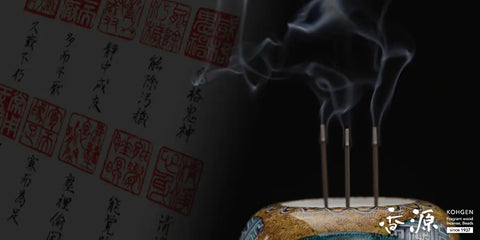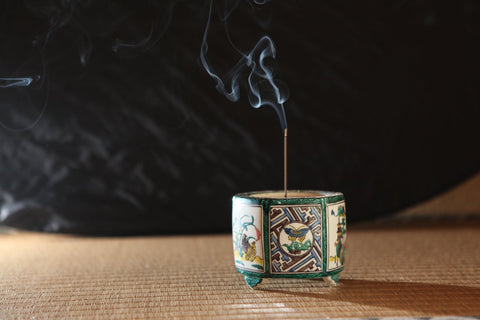Ikkyu Sōjun: The Popular Monk from the Japanese Anime “Ikkyu-san”

Known for his clever wit, “Ikkyu-san” is famous from folklore and anime. The real Ikkyu was a Rinzai Zen monk who lived during the Muromachi period, from the time of the third shogun Ashikaga Yoshimitsu through the Ōnin War. His name was Ikkyu Sōjun.
He entered a temple at the age of six and quickly displayed great poetic talent, gaining acclaim for his Chinese-style verse. At age 27, although he attained enlightenment, he burned the certificate (inka) that recognized his awakening and left the temple. He then led a life devoted to poetry, satire, painting, and deliberate eccentricity.
Despite being a monk, he had a wife and consumed alcohol and meat—behaviors that broke traditional religious rules. On New Year’s, he would walk through town with a staff topped by a skull, calling out “Be careful, be careful.” While these actions seemed bizarre, they were in fact critiques of a Buddhism that had become bound by rigid rules and authority.
His deeply human lifestyle resonated with common people, and in the Edo period, collections of tales based on Ikkyu Sōjun were published. One teaching associated with him, known as the “Ten Virtues of Incense”, is a beautiful expression that incense lovers today can also appreciate.
What Are the Ten Virtues of Incense (香の十徳)?
The Ten Virtues of Incense were written by Huang Tingjian, a poet of the Northern Song Dynasty in the 11th century, and later became widely known in Japan—traditionally associated with Ikkyu Sōjun’s introduction.
感格鬼神
(Kan-kaku-ki-jin) Sharpens the senses and supports focused attention.
清浄心身
(Shō-jō-shin-jin) Purifies mind and body.
能除汚穢
(Nō-jo-o-e) Removes defilement and spiritual impurities.
能覚睡眠
(Nō-kaku-sui-min) Awakens from drowsiness. *Some interpret this as inviting restful sleep.
静中成友
(Sei-chū-jō-yū) Becomes a friend in stillness; soothes the heart in solitude.
塵裡偸閑
(Jin-ri-yū-kan) Brings moments of calm even amid busyness.
多而不厭
(Ta-ji-fu-en) Even in abundance, it does not weary.
寡而為足
(Ka-ni-i-soku) Even a small amount is sufficiently satisfying.
久蔵不朽
(Kyū-zō-fu-kyū) Keeps well over time without spoilage.
常用無障
(Jō-yō-mu-shō) Regular use causes no hindrance.
The Perception of Incense Passed Down Through Time
The “Ten Virtues of Incense” poetically and elegantly express the benefits of incense. Though composed of only forty Chinese characters, these verses capture qualities still appreciated in modern times—an enduring testament to Japanese incense (kōdō) culture.



